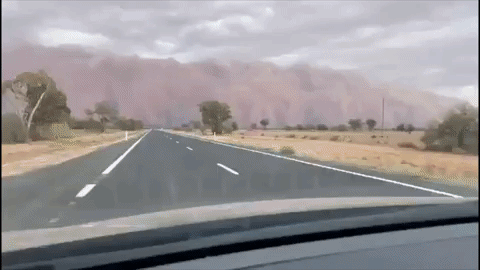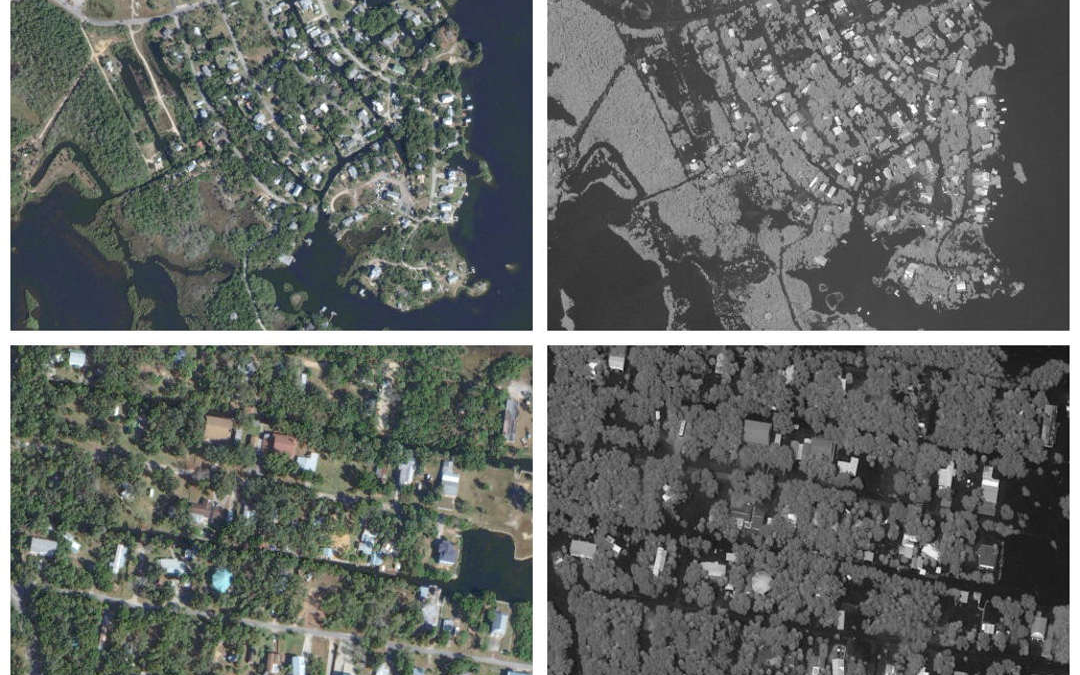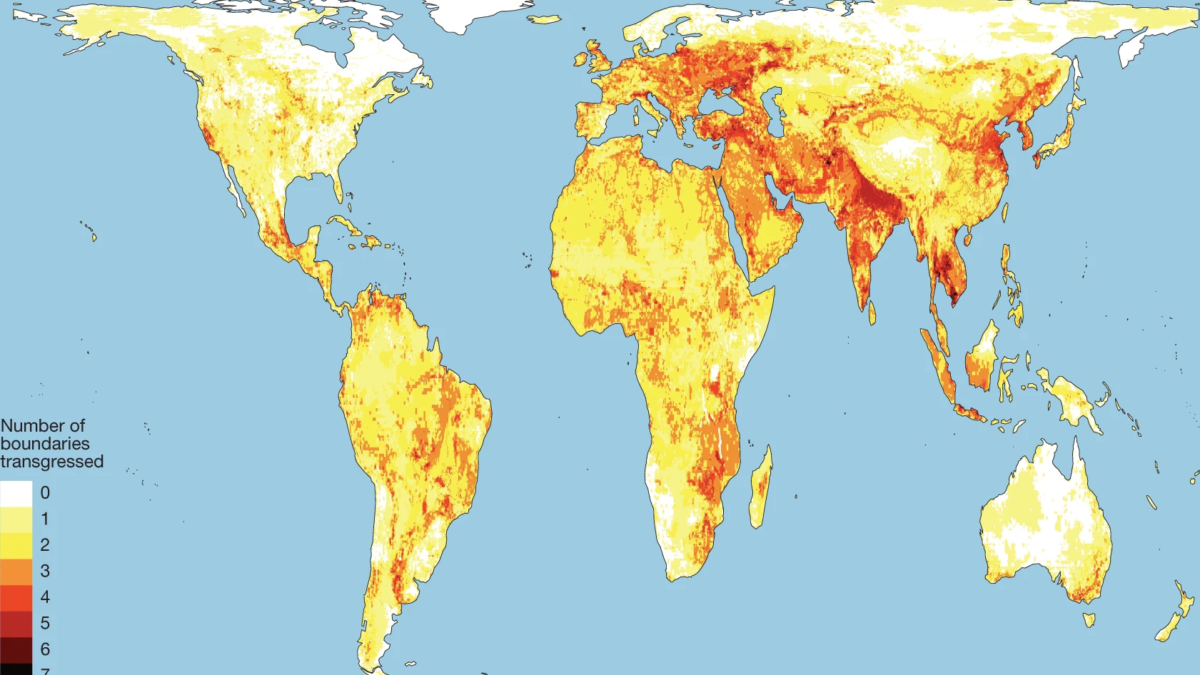Trudeau will fuel the fires of our climate crisis if he approves Canada’s mega mine
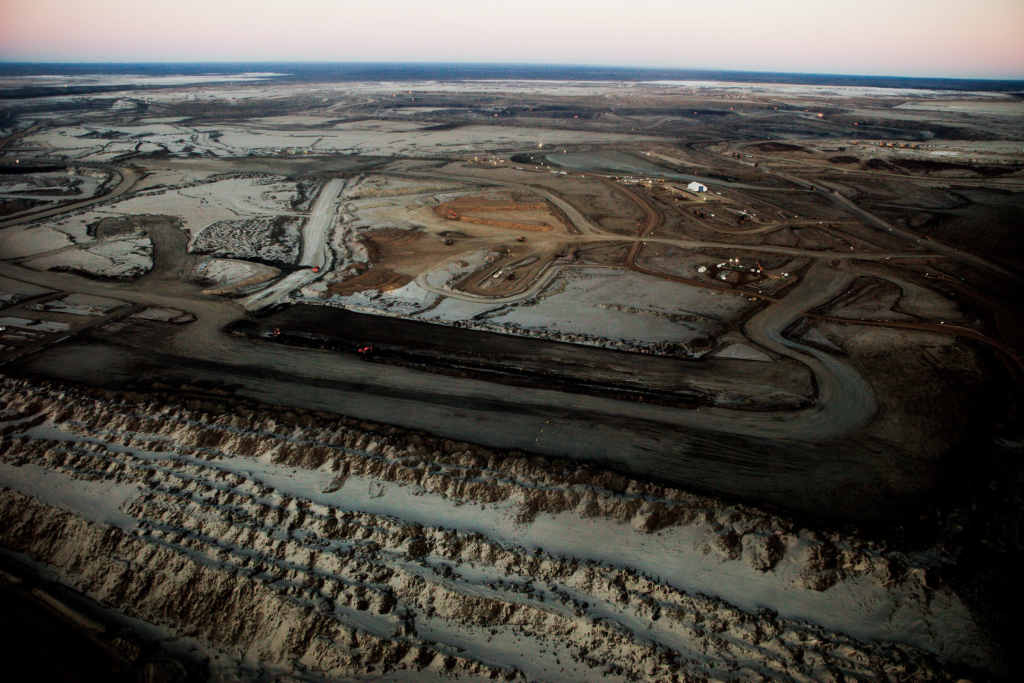
By Tzeporah Berman
10 December 2019
(The Guardian) – This week, the Canadian government is in Madrid telling the world that climate action is its Number 1 priority. When they get home, Justin Trudeau’s newly re-elected government will decide whether to throw more fuel on the fires of climate change by giving the go-ahead to construction of the largest open-pit oil sands mine in Canadian history.
Approving Teck Resources’ Frontier mine would effectively signal Canada’s abandonment of its international climate goals. The mega mine would operate until 2067, adding a whopping 6 megatonnes of climate pollution every year. That’s on top of the increasing amount of carbon that Canada’s petroleum producers are already pumping out every year.
The Teck mega mine would be on Dene and Cree territory, close to Indigenous communities. The area is home to one of the last free-roaming herds of wood bison, it’s along the migration route for the only wild population of endangered whooping cranes, and is just 30km from the boundary of Wood Buffalo national park – a Unesco world heritage site because of its cultural importance and biodiversity.
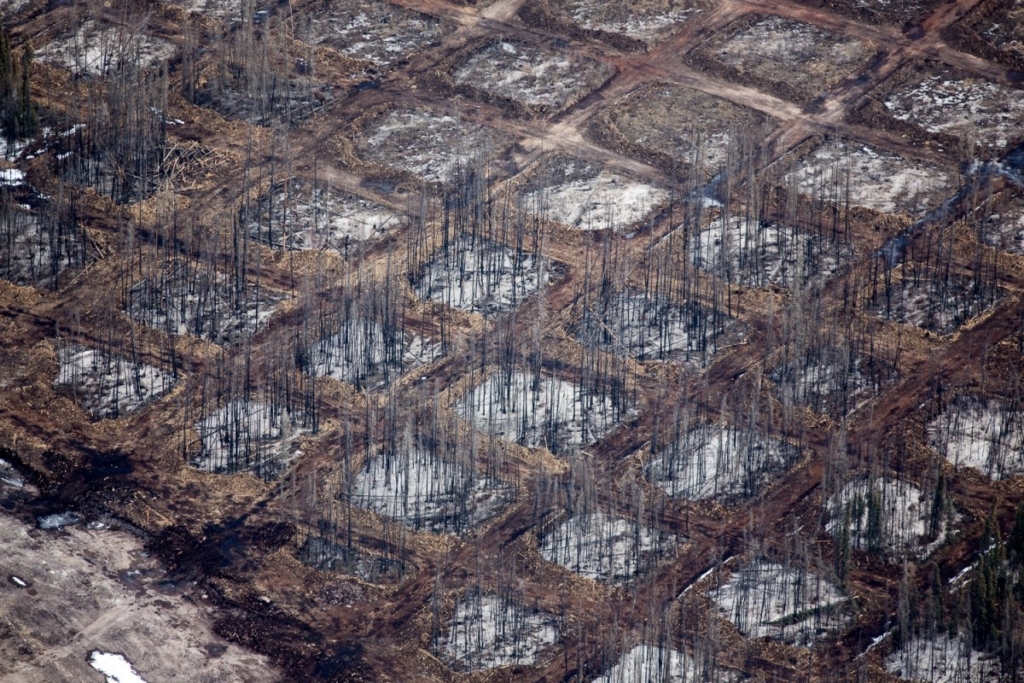
Alberta’s oil sands produce one of the dirtiest oils on the planet, and they are the fastest-growing source of carbon emissions in Canada. The industry is expanding rapidly and is already responsible for more carbon pollution than all of Quebec. Oil and gas is now the largest climate polluter in the country, exceeding all greenhouse gases from transportation. Even without Teck Frontier, there are 131 megatonnes per year in approved tar sands projects just waiting for companies to begin construction. No wonder the industry is on track to take up 53% of Canada’s emissions budget within the next 10 years.
Less than two months ago, two-thirds of Canadians voted for parties vowing to do more to fight climate change. Trudeau promised during the campaign to introduce legally binding targets for Canada to reach net zero emissions by 2050. But all the current national climate policies, including a carbon tax and coal phase-out, would be overwhelmed by this carbon juggernaut and Canada would radically fail to meet its climate commitments. […]
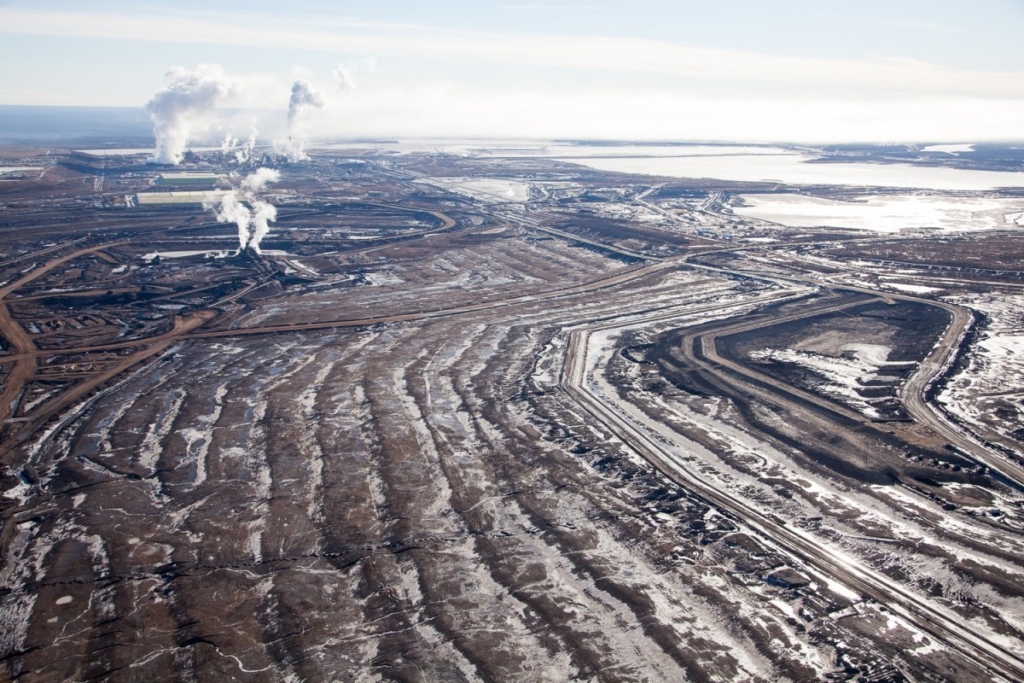
Canada’s new environment minister, Jonathan Wilkinson, on his first day on the job, said his approach would be to support the oil and gas industry by addressing the high carbon problem, not by reducing production but by reducing emissions per barrel of oil. What he failed to mention was that by his government’s own accounting there has been no industry-wide decrease in emissions per barrel for decades. This is largely because of the shift to more high intensity in situ sands projects. […]
If our children are brave enough to call it as it is and choose to take to the streets to fight for their future, don’t you think it is time that we as adults listen and step up by committing to end the expansion of fossil fuels and to fast track low-carbon progress? [more]
Trudeau will fuel the fires of our climate crisis if he approves Canada’s mega mine
